Tongue blisters or tongue sores are a very uncomfortable and painful condition that makes eating and drinking difficult. In the majority of cases, tongue blisters occur in young people, although this condition may affect anyone. When a tongue sore appears, it usually lasts about a week and subsides on its own without any medical treatment.
However, tongue blisters can also often be treated, in order for the blister to heal faster or to relieve the symptoms of this condition.
Causes of Tongue Blisters
Tongue blisters can be of different kinds and therefore, the causes responsible for their outbreak are different.
In many cases, a deficiency of vitamin B complex causes the occurrence of sores on the tongue.
Tongue blisters can also appear due to a viral infection caused by the herpes simplex virus. There are two types of herpes simplex virus: herpes simplex virus type 1 and herpes simplex virus type 2. While the herpes simplex virus type 1 is responsible for the outbreak of oral or mouth herpes in most cases (more commonly called cold sores), the herpes simplex virus type 2 is responsible for the occurrence of genital herpes.
Oral herpes simplex includes canker sores and fever blisters. Canker sores usually appear inside the mouth and they are not contagious. Canker sores are larger in comparison to fever blisters, which can occur both outside and inside the mouth. Canker sores require more time to heal than fever blisters. Furthermore, fever blisters on the tongue are usually accompanied by other symptoms, such as fever and swollen lymph nodes.
Tongue blisters that are white are usually caused by a fungal infection provoked by the fungi called Candida albicans. This is called candidiasis.
The bacteria Staphylococcus may also cause the occurrence of blisters on the tongue.
Furthermore, tongue blisters may appear due to some food allergies, hormonal changes, or tonsillitis. It is also considered that certain medicines, mouth disease, and a weak immune system are also potential causes of the outbreak of tongue blisters.
Treatment of Tongue Blisters
There are some general things that we can do at home to relieve the symptoms of this condition, regardless of the cause. In order to reduce the pain, applying some cold or ice packs on the blisters is highly recommended, but for shorter amounts of time as the tongue is sensitive.
- Other names for these unusual ulcers are eosinophilic ulceration, traumatic granuloma, and eosinophilic granuloma of tongue.
- When on the tip and ventral tongue of infants, it has been termed Riga-Fede disease.
- Similar lesions have been found on the buccal mucosa and other intraoral locations. In some lesions, nonmalignant atypical lymphocytes have been observed.
- Management of chronic tongue ulcers can be demanding, because identification of the irritating factors can be difficult.
- If a broken cusp, fractured restoration, or interfering denture clasp can be identified and corrected, healing may take place. In many cases, injury is the result of lack of tongue coordination during mastication caused by prescribed medication or a systemic condition such as Parkinson disease or a stroke that involves the cranial nerves.
- In other cases the tongue may be enlarged because of amyloidosis, acromegaly, hypothyroidism, hemangioma, lymphangioma, or allergic reactions. In some denture wearers, malpositioned posterior teeth on the denture base may be the contributing factor.
When the tongue blisters are caused due to bacteria, the mouth should be washed with saline water, since salt helps to eliminate the bacteria that cause blisters. It is also advisable to drink or gargle with a solution of turmeric powder and milk or to use honey since these two remedies have antibacterial properties.
In those cases when tongue blisters are caused by the herpes simplex virus, it is recommended to use ointments or creams that contain zinc. The diet should include foods that are high in vitamin B, such as eggs, liver, turkey, bananas, cheese, and yogurt.
Any patient who continues to suffer from tongue sores or blisters for longer than a few days to a week or who is in great discomfort should, however, seek medical attention. More serious causes, like cancer of the tongue or syphilis, can also lead to tongue sores. In these cases, is it important to start treatment as soon as possible.
- www.nhs.uk/conditions/sore-or-white-tongue/
- www.betterhealth.vic.gov.au/health/conditionsandtreatments/mouth-ulcers
- Photo courtesy of ArnoldReinhold by Wikimedia Commons: commons.wikimedia.org/wiki/File:Tongue.agr.jpg


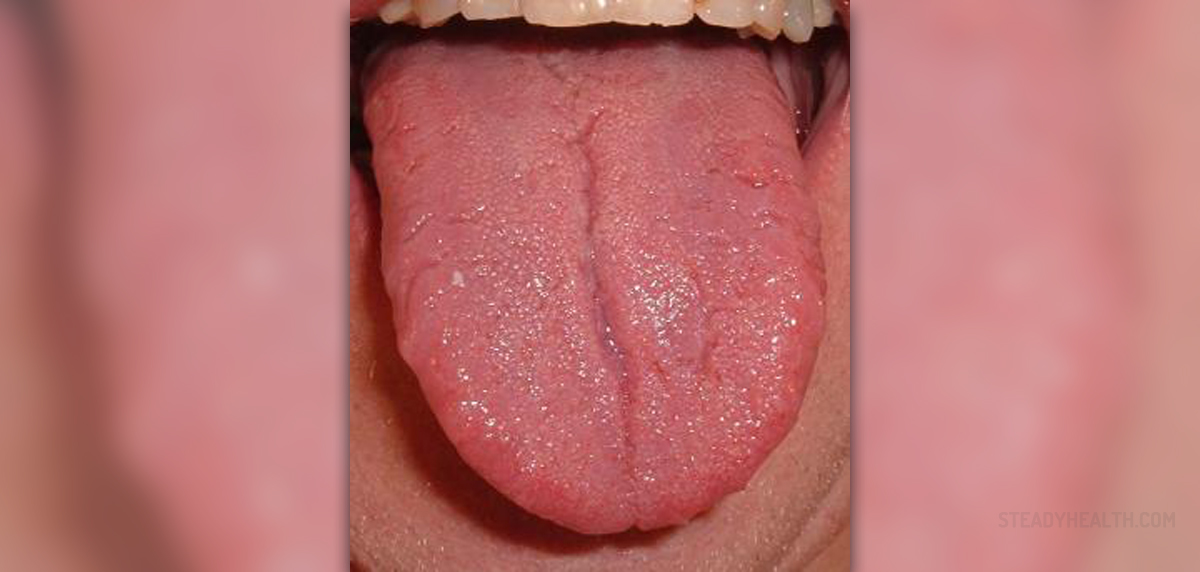
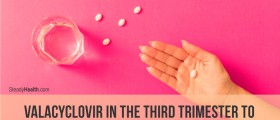




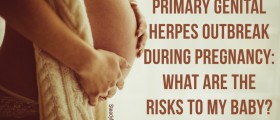
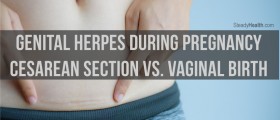


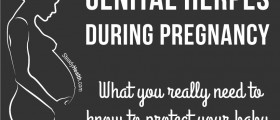



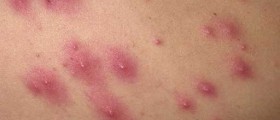
Your thoughts on this
Loading...